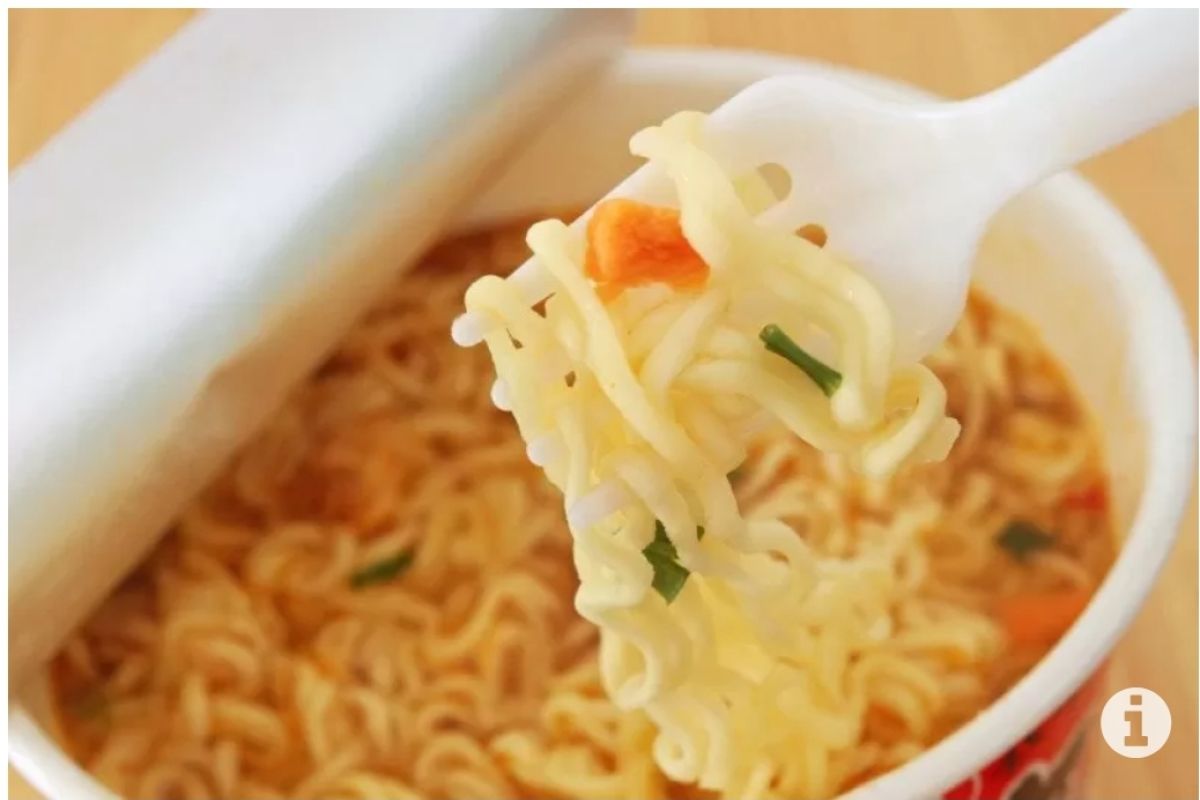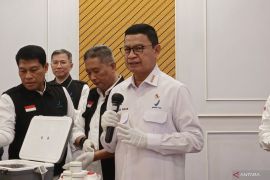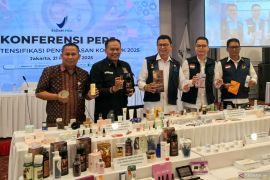BPOM Chief Taruna Ikrar said his office was notified by Taiwanese authorities that traces of the chemical were detected in Indomie Soto Banjar Limau Kulit, a product of Indofood.
The manufacturer confirmed the noodles did not meet Taiwan’s standards, Ikrar said.
“The product was not officially exported by the producer to Taiwan,” he said.
The shipment was allegedly arranged by a trader, not an authorized importer, and without the company’s knowledge, Ikrar added.
Indofood is investigating the ingredients used and the cause of the finding, and will report its results to BPOM, he said.
Related news: Instant noodle products in Indonesia safe: BPOM
Taiwan bans detectable levels of ethylene oxide in food products, a standard that differs from regulations in the United States, the European Union and Indonesia, Ikrar said.
The Codex Alimentarius Commission, an international food standards body under the World Health Organization and the Food and Agriculture Organization, has not set maximum residue limits for the chemical, he added.
“According to BPOM’s registration data, the product variant in question has a distribution permit from BPOM. It can be sold in Indonesia and is still safe for consumption,” Ikrar said.
He urged consumers to respond carefully to the report and always check packaging, labels, permits, expiration dates and nutritional facts before purchasing food products.
According to the U.S. Environmental Protection Agency, ethylene oxide is a colorless gas primarily used to make other chemicals for antifreeze, textiles, plastics, detergents and adhesives.
It is also used to sterilize medical and dental devices that cannot withstand steam or radiation.
Related news: Use innovative local basic ingredients for noodle-making: IPB
.
Reporter: Mecca Yumna Ning Prisie
Editor: Rahmad Nasution
Copyright © ANTARA 2025












